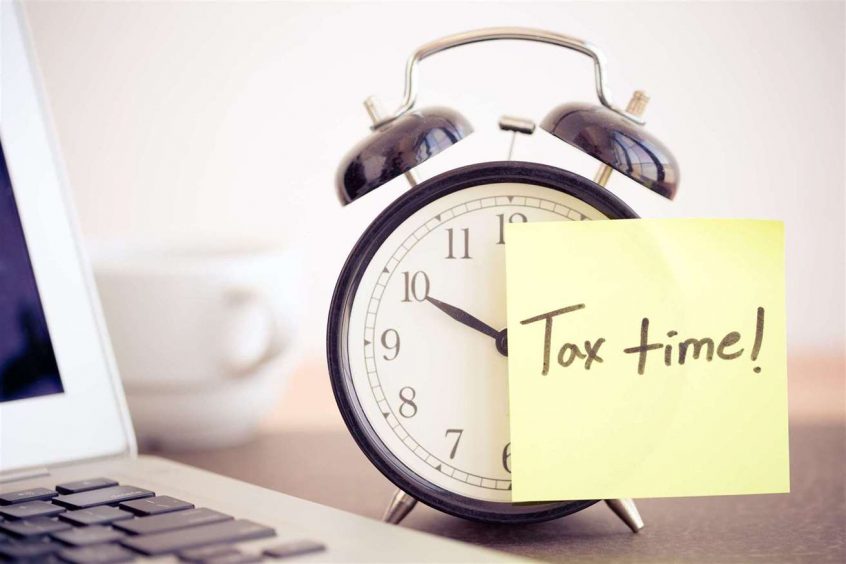February is a wonderful month. We have the Festival du Voyageur, where we can warm our hearts and celebrate Franco-Manitoban and Métis culture and heritage. We have Valentine’s Day, when we can express our love for those who matter the most to us. Above all in the world of accounting, February is, in most people’s minds, the start of tax season, when T4s get sent out and the early birds begin to file their personal income tax. For you early birds, we want to provide a quick summary of personal income tax for businesses.
The first thing you need to know is that if you’re employing people in your business, you need to get their T4s sent out to them right away. T4s can be shipped out by post or in person, or alternatively through digital means. To distribute T4s digitally, you need a secure portal and printer, though with employee consent, you can send the T4 by email. Your employees must receive their T4s before the last day of February; if they do not, there is a 25$ per day per late T4 penalty; the minimum penalty per T4 is 100$, with a max of 2500$. For more information on distributing T4s, visit this Canada Revenue Agency webpage.
When filing your taxes, it’s important to consider how your business is structured. All Canadians must file their T1 personal income tax, and this includes Canadian business owners. When your business is structured as a sole proprietorship or partnership, your business income and your personal income are effectively the same; this means the T1 is the only income tax you should need to file in a given year. Taxes are due April 30th, but there can be some confusion, as the self-employed income tax due date is extended until June 15th. The problem with filing for June 15th is that any interest on taxes owing is still accumulated from the April 30th date, so though you won’t see a late filing penalty, you will see more interest on taxes owing; it’s best to file early!
Canadians who own a business that is incorporated must file business income tax as well as personal income tax. The due date for business income tax can vary pretty substantially, depending on the fiscal year end of the business, which is not always the calendar year end. Generally, taxes are due two months after the fiscal year end, though there can be some exceptions to that; Canadian-controlled private corporations have a three month window after their year end to file taxes.
This cover has touched on basics of filing taxes: due dates, the importance of sending T4s on time, and the difference between personal and business income tax. Tax law is, however, incredibly complex, and in order to ensure you’re filing properly and on time, it’s best to have a well qualified tax accountant review your finances before your taxes are filed.

